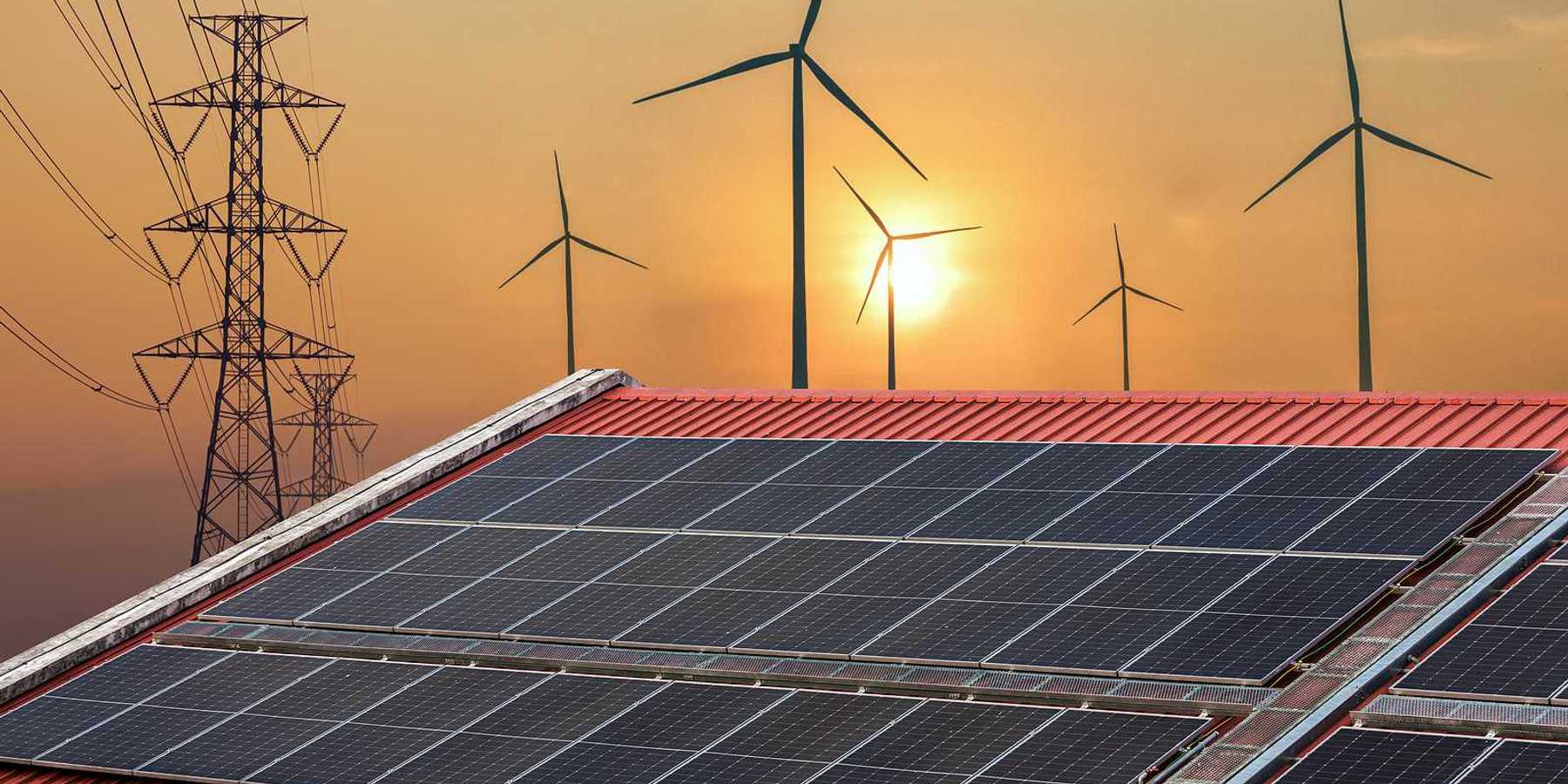Hurricanes can triple the amount of toxic contamination released into nearby communities
A new study in Environmental Science and Technology found that petrochemical manufacturers and refineries in Texas released higher amounts of toxic contamination during hurricanes.
In short:
- Compared to periods of normal weather, Hurricane Rita (2005) resulted in twice as many contamination releases, while Hurricanes Ike (2008) and Harvey (2017) caused releases to triple.
- Communities with a higher percentage of renters, higher poverty rates, and more Hispanic residents were more likely to experience an increase in contamination.
- Petrochemical refineries were responsible for the highest amount of contamination released during hurricanes.
Key quote:
“Low-income communities and people of color are disproportionately impacted by hurricanes and floods, leading to concerns that climate change will further exacerbate existing environmental health disparities.”
Why this matters:
As climate change continues to alter global weather patterns, extreme weather events such as hurricanes are becoming more common and more severe. With hazardous petrochemical sites disproportionately located within low-income communities of color, this study highlights how extreme weather can have significant environmental justice implications, as well as the need for better protections for fenceline communities.
Related EHN coverage:
- Oil and gas production responsible for $77 billion in annual US health damages: Study
- Air pollution linked to over 700 health conditions
More resources: Environmental Health News reporter Cami Ferrell covers the petrochemical industry in Houston. See her most recent reporting, ExxonMobil, LyondellBassel and Chevron among Houston’s top polluters: Report (leer este reportaje en español) and WATCH: Enduring the “endless” expansion of the nation’s petrochemical corridor (en español).
Follow Cami’s reporting via Instagram @ehnewsroom and TikTok @CamiReports.
Berberian, Alique et al. for Environmental Science and Technology. July 30, 2024













